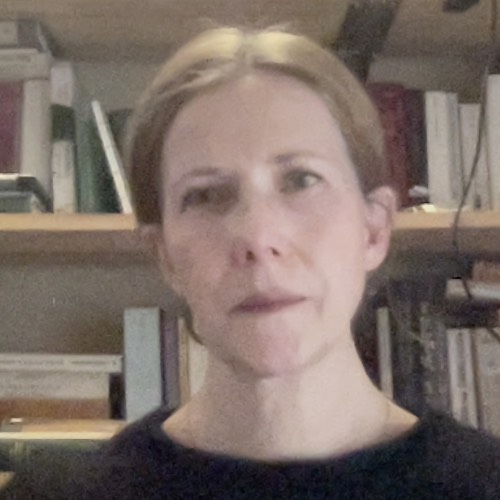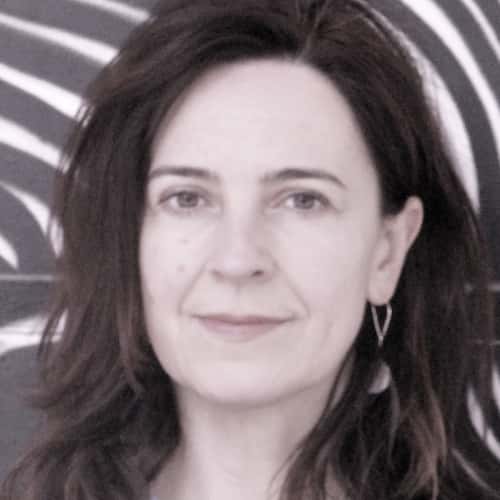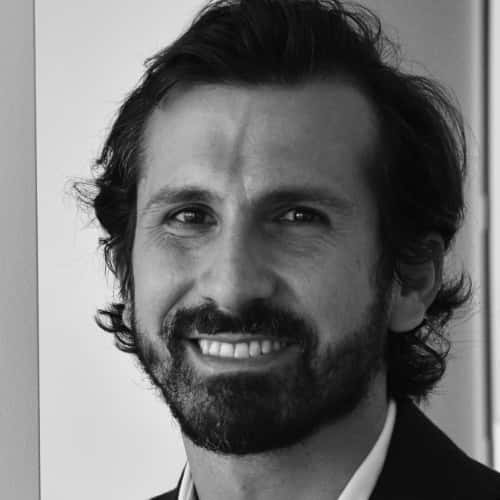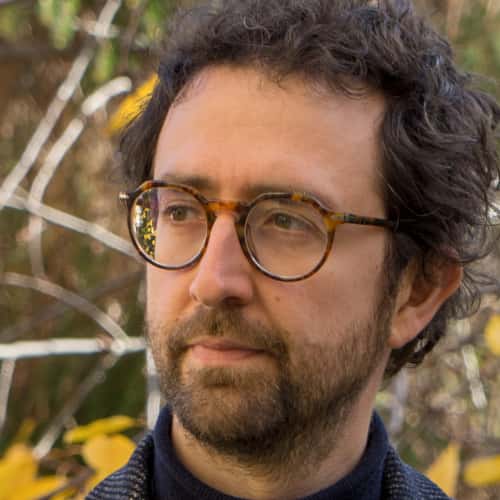AREA OF INTEREST
Rather independently from the different interpretations of the origins of modern planning and of its fundamental aims, most of planners would agree that it is rooted into pro-growth paradigms. Now that the urgency to consider and to possibly adopt different development paradigms is increasingly shared, the need to understand the impacts on planning has become similarly urgent. For instance, the notion of sufficiency, reduction and downscaling can become central to a new transition within planning practice. These notions have been marginal until now, often almost a taboo in mainstream planning practice, but at this moment in history, they are gaining momentum in policy and practice debates in Europe.
In many countries, the EU call for a “green transition” and the realization of its goals highlights several obstacles still to be overcome to reach the objective of a “sustainable” future: planning can be interpreted as one of those obstacles or, contrarily to that, as a vehicle of that shift.This thematic group brings together planning scholars already engaged within research groups or networks working on post-growth and de-growth paradigms, and on alternative economies, with the intention to re-elaborate their reflections in planning perspectives, inquiring how the different development models affect (or are affected by) planning. More particularly, this AESOP TG will explore how planning (starting with its main mean, such as the regulative power) can be reshaped, how its main instruments and tools, as well as its norms and values, can be modified to respond to quite different demands than the ones which mainly gave impulse to planning as we know it. Moreover, it aims at systematizing and to put into synergy the emerging planning scholarship and practices that are adjacent to the postgrowth paradigm such as: degrowth, doughnut economics, wellbeing economics, municipalism, and critical circular economy research.
MAIN AIMS
- Elaborate post-growth (and de-growth) thinking in planning with regards to planning education, research and practice.
- Discussing the meaning and role of planning within development paradigms that go beyond growth.
- Exploring planning challenges and potentials in facing socio-environmental crisis that led to promote “green-” or “ecological- transition”.
- Evidencing when, why and to what extent planning represents an obstacle to reach a real “transition” towards a more socially just and ecologically regenerative urbanization, to understand how to intervene to modify it; and conversely if, when and how planning can become a tool to transition towards a post-growth society.
- Elaborate on possible new paradigms by collaborating with community-based groups advancing forms of urbanization and economies beyond growth.
MAIN TOPICS
- Post-growth paradigms in planning perspectives.
- Updated planning theories informed of post-growth paradigms.
- Planning challenges due to main paradigm shift oriented to reduction, sufficiency, downscaling and social justice.
- New economies and their impact on cities and territories.
- Possible planning changes at the various domains of planning (regulation, land-use, property regime, ethics and values, tackling diverse and conflicting interests …) and within different planning systems (in the different countries).
- Engaged planning research for diverse post-growth futures.









